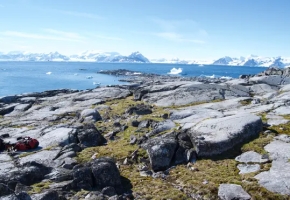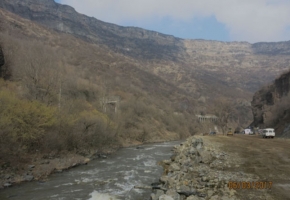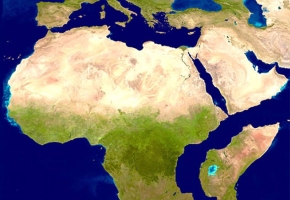The ocean has become a very noisy place

Photo: USA Today
The world's seas are much louder than they were in pre-industrial times, becoming more and more a raucous cacophony as the noise from human activity has grown louder and more prevalent.
The noise has had an impact on marine animals worldwide, affecting their behavior, physiology and, in some cases, their overall survivability. Higher ocean noise levels can reduce the ability of animals to communicate with potential mates, other group members, their offspring or their feeding partners.
Noise can also reduce an ocean animal's ability to hear environmental cues that are vital for survival, including those key to avoiding predators, finding food and navigating to preferred habitats.
The researchers sifted through thousands of data sets and research articles documenting changes in noise volume and frequency to assemble a comprehensive picture of how the ocean soundscape is changing – and how marine life is affected.
For more than a century, sounds from human activities on the high seas, such as fishing, shipping, recreational boating and development, have increasingly added to the mix, making modern oceans far noisier than ever before.
“Changing ocean soundscapes have become the neglected ‘elephant in the room’ of global ocean change,” scientists write. “In an era when societies increasingly look to the ‘blue economy’ as a source of resources and wealth, it is essential that ocean soundscapes be responsibly managed to ensure the sustainable use of the ocean.”
Source: USA Today







